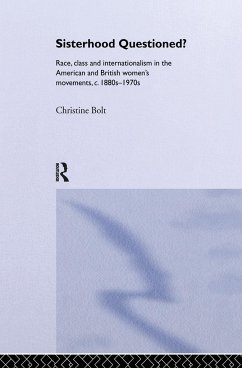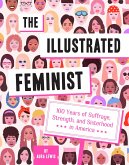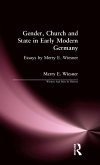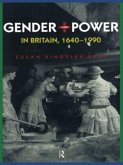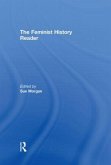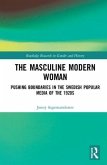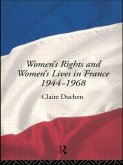This work assesses the nature and impact of divisions in the twentieth-century American and British women's movements. In this lucidly written study, Christine Bolt sheds new light on these differences, which flourished in an era of political reaction, economic insecurity, polarizing nationalism, and resurgent anti-feminism. The author reveals how the conflicts were seized upon and publicised by contemporaries, and how the activists themselves were forced to confront the increasingly complex tensions. In particular, the American and British Women's movements grew further apart as British women became more conscious of American money, expectation of influence and opposition to the existence of Britain's empire. Drawing on a wide range of sources, the author demonstrates that women in the twentieth century continued to co-operate despite these divisions, and that feminist movements remained active right up to and beyond the second wave of feminism in the 1960s.
Hinweis: Dieser Artikel kann nur an eine deutsche Lieferadresse ausgeliefert werden.
Hinweis: Dieser Artikel kann nur an eine deutsche Lieferadresse ausgeliefert werden.

